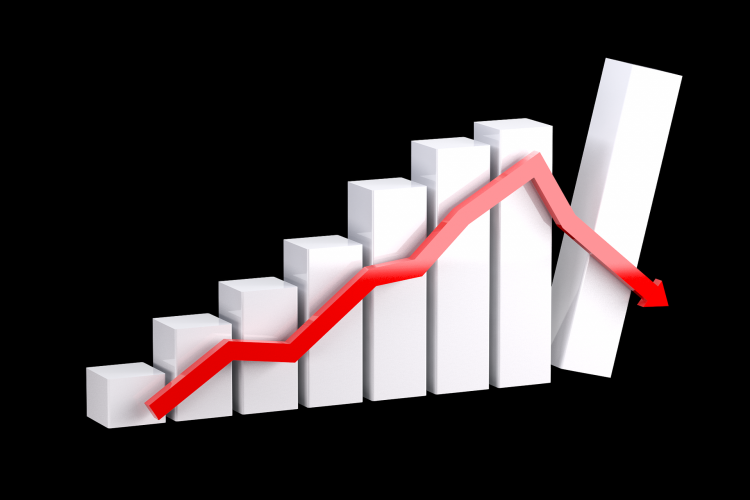Seventeen states in the United States may struggle harder than their counterparts when a moderate recession happens. This number is up from only 15 states a year ago according to a report published on Sept. 17 by Moody's Analytics. These states have insufficient savings to support its budget shortfalls when the next recession hits.
The report said about a state needs to have enough savings to cover at least 11 percent of its budget deficit for it to survive the next recession without having to stretch its taxes or spending.
The least prepared states for the second year in a row are Louisiana, North Dakota, and Oklahoma. Others who failed the report's stress test are Arkansas, Michigan, New Hampshire, Mississippi, Kansas, Wisconsin, Illinois, Pennsylvania, Arizona, Missouri, Kentucky, Virginia, Montana, and New Jersey.
A separate report from S&P, which was also released on Monday, said states could experience fund shortfalls between 9.9 percent and 11.8 percent year over year when a moderate recession happens at present compared to the 8.1 percent budget deficits during 2008 to 2009.
The report from S&P stated that states will suffer worse in the next recession compared when the Great Recession took place. The reason for this is that compared to a decade ago, states at present have relied more heavily on personal income taxes than their general fund revenues. In fact, taxes at present are contributing a combined 55 percent to states funding compared to 49 percent during the Great Recession.
In addition to budget shortfalls, states could also face higher revenue volatility and elevated fixed costs which include debt payments and pension contributions, as well as increasing social costs like Medicaid.
On a positive note, Moody Analytics said there are 23 states that possess sufficient savings to make them resilient to budget deficits should a moderate financial crisis hit. The number of states that could sustain resiliency for the next financial crisis has actually increased compared to last year.
The savings of these states are also more sustainable than they were a decade ago considering that they endured rising housing-market bust and significant budget shortfalls coming from the Great Recession. These states need not resort to steep budget cuts and rapid loss of government jobs if the next recession comes.
S&P, meanwhile, has a moderate estimate, saying that only 20 states have enough reserves to wither out economic downturns without having to slash budgets or raise taxes.
S&P also noted that states are currently financially healthier compared to last year. The report also said that the possibility of a financial crisis breaking out in the next 12 months is only between 10 and 15 percent.






